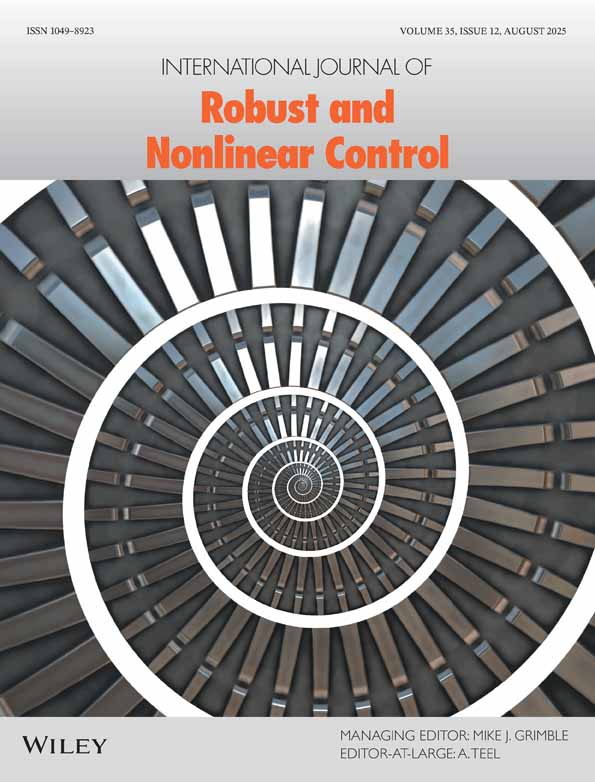On global properties of passivity-based control of an inverted pendulum
Abstract
The paper adresses the problem of stabilization of a specific target position of underactuated Lagrangian or Hamiltonian systems. We propose to solve the problem in two steps: first to stabilize a set with the target position being a limit point for all trajectories originating in this set and then to switch to a locally stabilizing controller. We illustrate this approach by the well-known example of inverted pendulum on a cart. Particularly, we design a controller which makes the upright position of the pendulum and zero displacement of the cart a limit point for almost all trajectories. We derive a family of static feedbacks such that any solution of the closed loop system except for those originating on some two-dimensional manifold approaches an arbitrarily small neighbourhood of the target position. The proposed technique is based on the passivity properties of the inverted pendulum. A possible extension to a more general class of underactuated mechanical systems is discussed. Copyright © 2000 John Wiley & Sons, Ltd.




